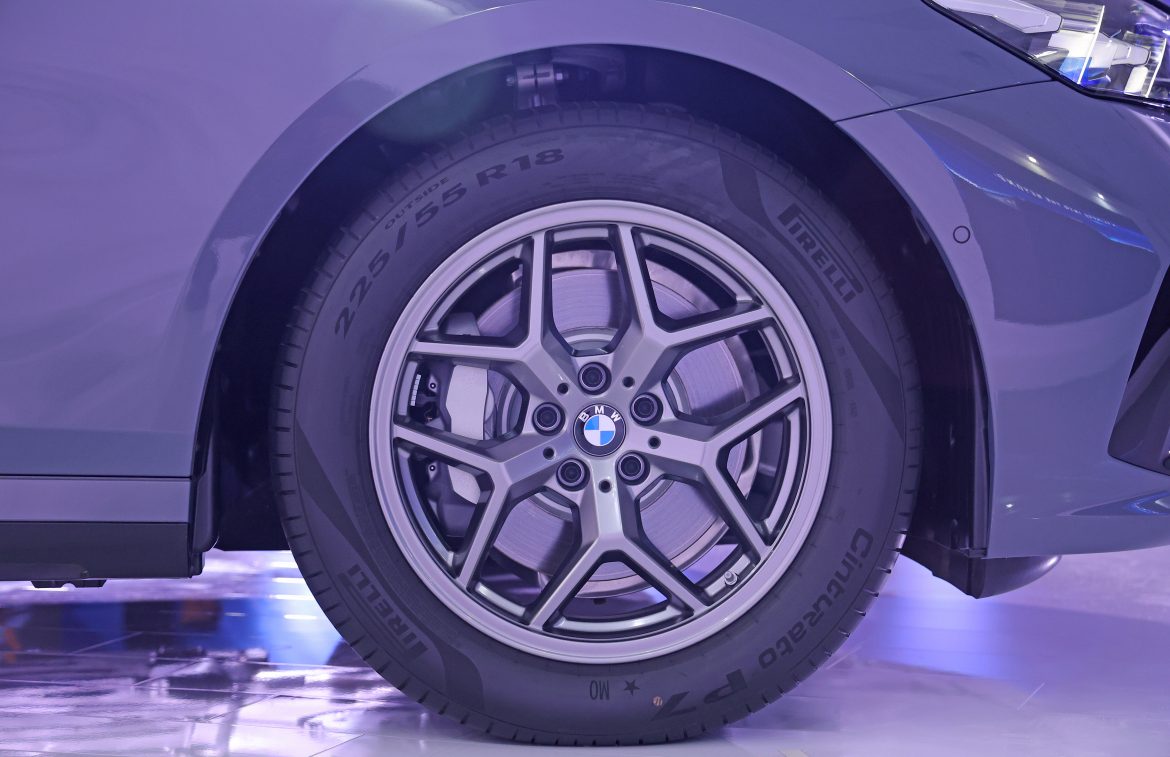BMW’s Chief Executive Officer Oliver Zipse has called for a reconsideration of the planned ban on new fossil fuel-emitting cars by 2035. Speaking at the Paris Motor Show on Tuesday, Zipse argued that this move is crucial to reduce Europe’s dependence on China’s battery supply chain and to leverage the continent’s existing technological strengths.
Zipse, known for his advocacy of diverse technological solutions, expressed concern over what he perceives as a growing pessimism in Europe. He emphasised the need for a new regulatory framework to maintain the region’s competitiveness in the global automotive industry. “A correction of the 100% BEV (Battery Electric Vehicle) target for 2035 as part of a comprehensive CO2-reduction package would also afford European OEMs less reliance on China for batteries,” Zipse stated.
The BMW CEO’s comments come in the wake of the EU’s landmark law, approved in March 2023, which mandates zero CO2 emissions for all new cars from 2035. This legislation effectively bans the sale of new diesel and petrol vehicles and requires a 55% reduction in CO2 emissions by 2030 compared to 2021 levels. Zipse argues that this stringent timeline may be counterproductive, potentially weakening Europe’s automotive industry rather than strengthening it.
Zipse is not alone in his concerns. Other major automakers, including Volkswagen and Renault, have also called for a loosening or delay of the CO2 targets. These companies fear significant financial penalties due to lower-than-anticipated electric vehicle sales, which could impact their ability to invest in new technologies and maintain workforce levels.
The BMW chief’s stance advocates for a “strictly technology-agnostic path within the policy framework.” This approach would allow for the development and use of various technologies, including alternative fuels like e-fuels or biofuels, and hydrogen fuel cell cars, alongside battery electric vehicles. Zipse believes this diversity is essential for maintaining Europe’s technological edge and reducing over-reliance on a single technology dominated by non-European suppliers.
However, Zipse’s position faces opposition, particularly from his home country of Germany. The German government has rejected calls for an early review of the EU targets, citing the urgent need to address climate change and provide clarity for industry planning. This stance underscores the complex balancing act between environmental goals, industrial policy, and geopolitical considerations that European policymakers must navigate.
The debate over the 2035 ban reflects broader concerns about Europe’s competitiveness in the rapidly evolving global automotive landscape. As China continues to dominate the electric vehicle battery supply chain, European automakers are grappling with how to maintain their technological leadership and market share without becoming overly dependent on Chinese suppliers.
Zipse’s comments also highlight the ongoing tension between immediate climate action and long-term industrial strategy. While the EU’s ambitious targets aim to accelerate the transition to zero-emission vehicles, critics argue that a more flexible approach could better serve Europe’s economic interests while still advancing environmental goals.



